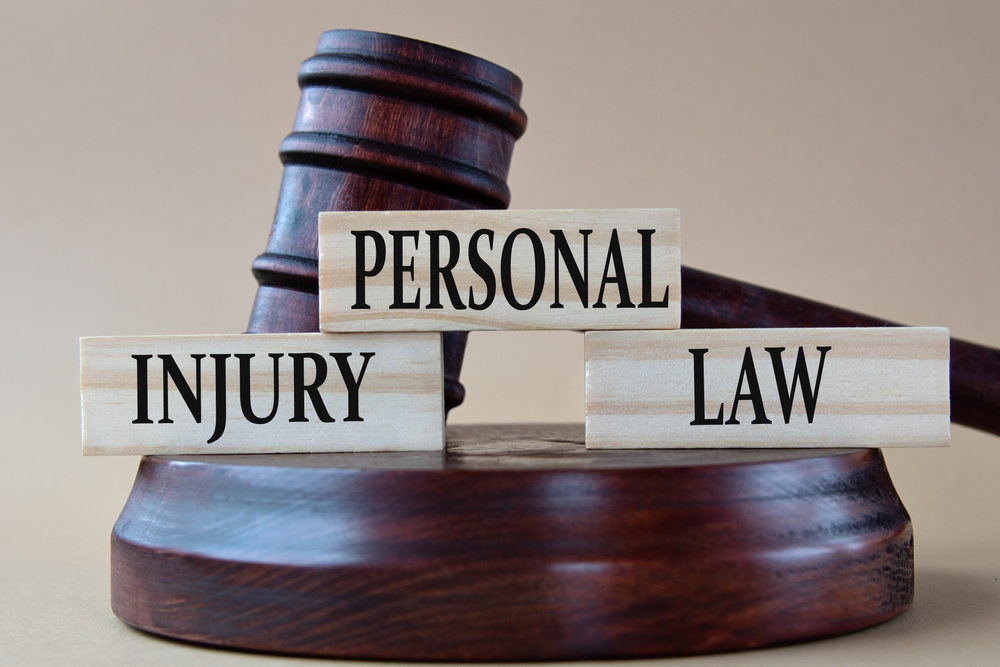When you or someone you love has been injured due to the negligence of another, the decision to seek legal representation is not only crucial but often urgent. The right attorney can make a significant difference in the outcome of your case, influencing everything from the speed of proceedings to the size of the settlement you may receive. However, with the vast number of attorneys advertising their services, pinpointing the most suitable one for your specific needs can feel overwhelming. The process involves:
- Understanding what to look for in a personal injury lawyer.
- Recognizing the importance of local experience.
- Knowing the right questions to ask.
The rise of local search trends, particularly the usage of ‘near me’ in search queries, reflects a growing preference for convenience and locality in services, including legal representation. This trend highlights a shift towards digital solutions in finding nearby resources, and it is especially pertinent when seeking legal counsel. For many, the comfort of having a local lawyer who is easily accessible and familiar with the local courts and laws is increasingly preferred. This emphasis on proximity enhances the client-lawyer relationship, providing ease of communication and a deeper understanding of the local legal environment.
Key Factors To Consider When Choosing A Personal Injury Lawyer
Experience and Track Record
Experience is a fundamental criterion for a personal injury lawyer. A lawyer with a substantial background in handling cases similar to yours is more likely to understand the nuances of the law and the complexities of your case. Check their track record for settlements and jury verdicts. A lawyer who has consistently secured favorable outcomes for their clients is a promising sign of competency and skill.
Reviews and Testimonials
In today’s digital age, reviews and testimonials are invaluable resources when choosing a service provider, including a personal injury lawyer. Websites like Avvo, Martindale-Hubbell, and Google Reviews provide insights from previous clients and peers. These reviews can offer a glimpse into the lawyer’s handling of cases and their interaction with clients, helping you gauge their suitability for your case.
Communication
Clear and consistent communication is not just important, it’s vital. During your initial consultation, pay close attention to how the lawyer explains the legal process and answers your questions. Their ability to convey complex legal information in a clear and straightforward manner is not just a bonus, it’s essential for a transparent lawyer-client relationship. You should feel not just comfortable, but confident in their ability to keep you informed throughout the case.
Practice Focus
While many lawyers may offer services covering various areas of law, it is beneficial to choose someone who focuses primarily on personal injury law. Their practice focus means they are up-to-date with the current laws and trends, including those specific to Illinois, which can have a direct impact on the success of your case.
Utilizing “Near Me” Searches to Your Advantage
To harness the full potential of “near me” searches when looking for a personal injury lawyer in Illinois, start by refining your online search queries. For example, instead of just searching for “personal injury lawyer,” try “best personal injury lawyers near me” if your location is near Chicago. This refined search will provide more targeted results and list attorneys who are familiar with your locale.
Moreover, use maps and local directories like Google Maps or Yelp to find lawyers within your vicinity. These platforms often include detailed profiles, reviews, and contact information, making it easier to start the consultation process.
Choosing the right personal injury lawyer in Illinois is not a decision to be taken lightly. It requires careful consideration of their experience, practice focus, track record, communication style, and client feedback. By taking the time to thoroughly research and meet with potential lawyers, and by effectively using local search strategies, you can find a legal advocate who not only meets your needs but also enhances your chances of a favorable outcome. Remember, the lawyer you choose will be your partner through what could be a challenging time, so select someone who aligns with your expectations and whom you trust to represent your interests zealously.
Call Our Barrington Personal Injury Lawyers For Exceptional Representation
Coping with the aftereffects of a personal injury can be daunting, fraught with legal complexities and insurance negotiations. Fortunately, you’re not left to handle this alone. The Law Offices of Robert T. Edens is ready to support you throughout this challenging time. Don’t allow the intricate process of a personal injury claim to slow your recovery. Reach out to our Barrington personal injury lawyers at The Law Offices of Robert T. Edens by calling 847-395-2200 for your free consultation.








 You could fall if the chain breaks, locks up, or falls off while riding. This can be a severe problem when riding down a hill or navigating in traffic. Therefore, before each ride, you should check your chain for signs of rust, looseness, and weak links.
You could fall if the chain breaks, locks up, or falls off while riding. This can be a severe problem when riding down a hill or navigating in traffic. Therefore, before each ride, you should check your chain for signs of rust, looseness, and weak links. Do you enjoy riding your electric scooter or moped on Michigan Avenue or Lake Shore Drive in Chicago? Electric scooters and mopeds are popular in the Windy City and the surrounding area. They are lightweight, small, quick, and easy to ride. If you are in an accident on an electric scooter, talk to
Do you enjoy riding your electric scooter or moped on Michigan Avenue or Lake Shore Drive in Chicago? Electric scooters and mopeds are popular in the Windy City and the surrounding area. They are lightweight, small, quick, and easy to ride. If you are in an accident on an electric scooter, talk to 